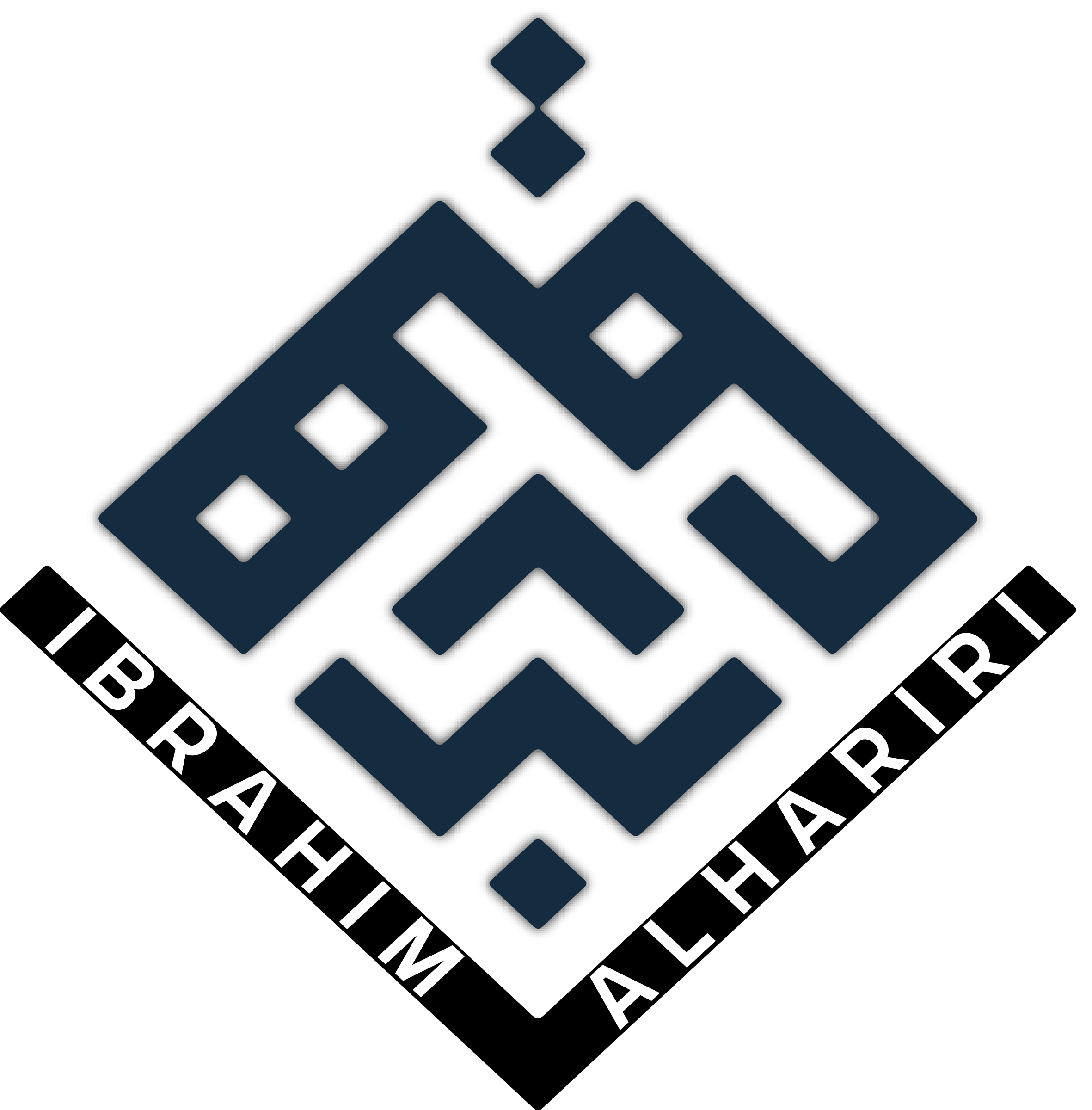ChatGPT said:
ChatGPT
“Literacy is threefold: education, knowledge, and technology.” – Professor Abdullah Al-Moussawi, University of London.
“The greatest enemy of knowledge is not ignorance, but the illusion of knowledge.” – Professor Stephen Hawking, University of Cambridge.
Many countries in the Global South face a three-dimensional challenge: eradicating traditional illiteracy on one hand and addressing informational and knowledge illiteracy on the other. This requires building a knowledge environment that replaces the concept of teaching with learning, in line with the contemporary wisdom that states: “Knowledge is not granted by the teacher but created by the learner.”
The illusion of knowledge is one of the biases of the human brain, from which no one is exempt, regardless of their level of knowledge. Every person suffers from it, but to varying degrees!
So, what is the illusion of knowledge?
To define the illusion of knowledge, one must distinguish between it and ignorance. There are two types of ignorance: simple and complex.
Simple ignorance (positive): This is when a person is unaware of a certain subject but acknowledges their lack of knowledge. No human being is free from this type of ignorance, no matter how learned they are, because life is too short for anyone to be knowledgeable about everything.
Complex ignorance (negative): This is when a person is unaware of their own ignorance. The remedy for this is to train oneself to solve mathematical equations until the brain awakens and shifts from negative ignorance to positive ignorance, or simple ignorance.
We recall the words of Al-Khalil ibn Ahmad Al-Farahidi: “Men are of four types: a man who knows and knows that he knows – follow him, for he is wise; a man who knows and does not know that he knows – wake him, for he is asleep; a man who does not know and knows that he does not know – guide him, for he is seeking guidance; and a man who does not know and does not know that he does not know – shun him, for he is ignorant.”
To understand and diagnose the illusion of knowledge, we can define two types:
- A person believes they know more than they actually do.
- Confusing familiarity with knowledge (Familiarity vs. Knowledge).
This is often evident among school students, particularly in mathematics, where a student might think they have understood the subject, only to find themselves confused and making mistakes when solving problems.
The illusion of knowledge is more dangerous than complex ignorance because complex ignorance harms only its possessor, whereas the illusion of knowledge harms not only its possessor but also those within their circle. (Quran, Surah Ghafir, 40:29: “I only show you what I see, and I only guide you to the right way”).
To illustrate this concept, consider the following example: if we ask three individuals (a simple ignorant person, a complex ignorant person, and a half-learned person) to fly a plane, the simple ignorant person will immediately acknowledge their incapability. The complex ignorant person might attempt but soon realizes their inability. The half-learned person, who has only learned how to take off, might manage to take off but will not be aware that they don’t know how to land or handle adverse weather conditions, leading to a disaster!
The illusion of knowledge affects learners and professionals alike, including doctors, engineers, athletes, politicians, and lawyers. For instance, a doctor might think they know more than they actually do, or a chess player might overestimate their skills beyond what they truly possess.
The levels of the illusion of knowledge vary, starting from the moment one begins to explore the sciences, growing stronger as their exposure increases until it reaches its peak. With continued learning, an individual begins to gain a true understanding of the value of their knowledge, achieving a close assessment between their actual knowledge and self-assessment. Only those firmly grounded in knowledge reach this level, leading to the saying: “May God have mercy on the person who knows their own worth.”
In our current era, satellite channels and social media have contributed to the spread of the illusion of knowledge, making people believe they are well-versed in many subjects, qualified to speak on them. This is where the real problem lies.
This leads us to reflect on the concept of “expired university degrees” currently being discussed, as we now find professional certificates with an expiry date. It might shock many that university degrees could one day have an expiration date or become incompatible with future job requirements! Observing our reality today and the scientific and technological advancements that humanity has achieved, especially in recent years, suggests that we are heading into a new phase of modern phenomena in employment and job management. This includes e-employment, remote work, crowd-sourced and amateur contributions in business, virtual offices, global business collaborations, and more such terms and phenomena that have strongly emerged on the job market and in the management of large organizations. Jobs are no longer based on university degrees or applying with traditional conditions such as submitting documents, attending personal interviews, recommendations, or courtesies known to everyone.
Thus, we are living in an advanced phase of employment methods and styles based on the principles of modern civilization characterized by open knowledge for all, pervasive technology in every aspect of our lives, rapid innovations almost daily, and modern social theories and cultures not tied to a specific location. Now, culture is available to all, and it is easy to engage in multiple cultures at once through social networks, forums, and global websites on the internet that do not recognize place, gender, or color. Companies now rely on remote employment and utilize amateurs who innovate new tools and products, contributing to solving problems for some of the world’s largest companies.
University degrees, specializations, and academic qualifications are no longer the primary criteria for hiring workers in many major companies, let alone medium or small enterprises.

